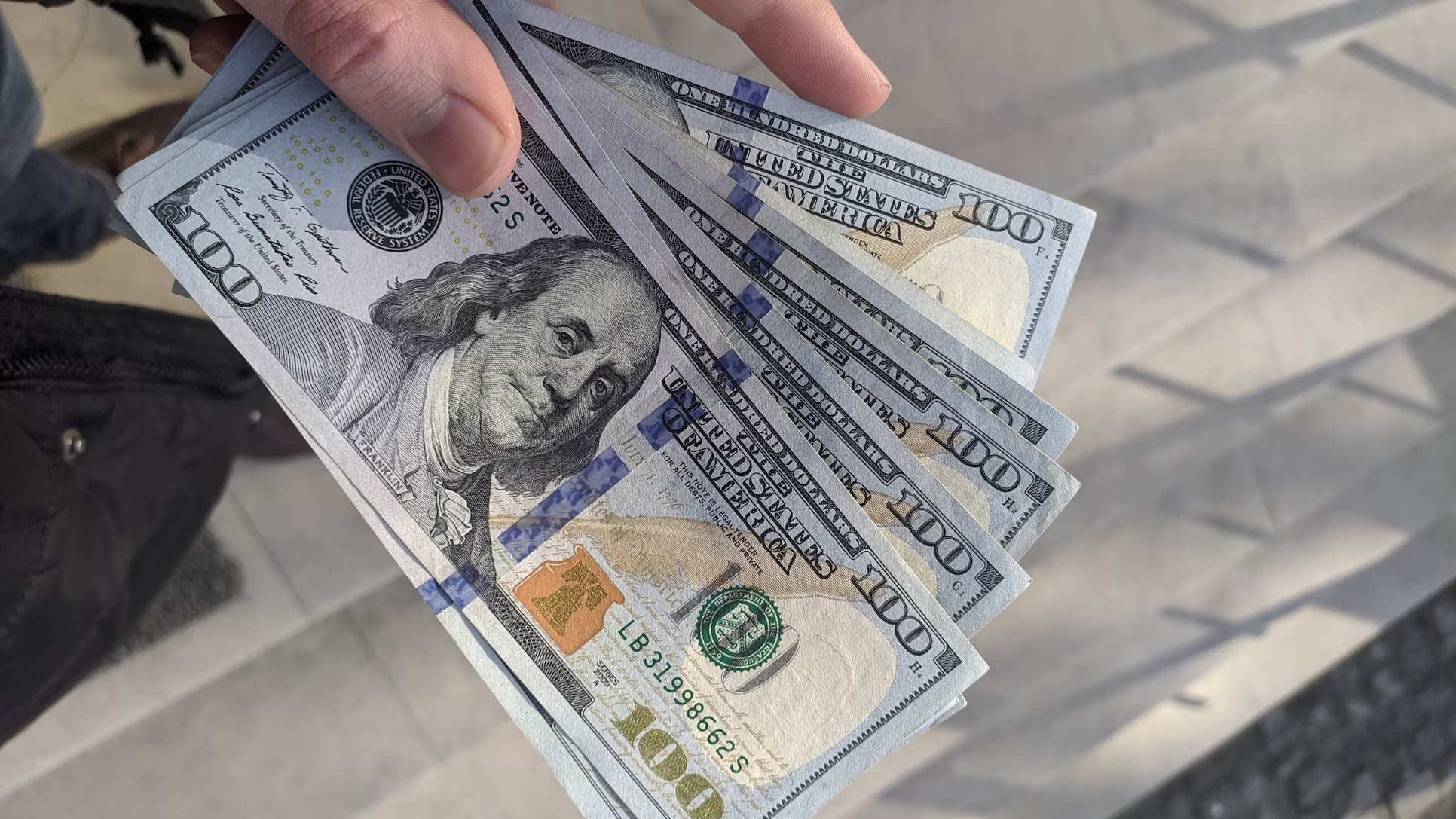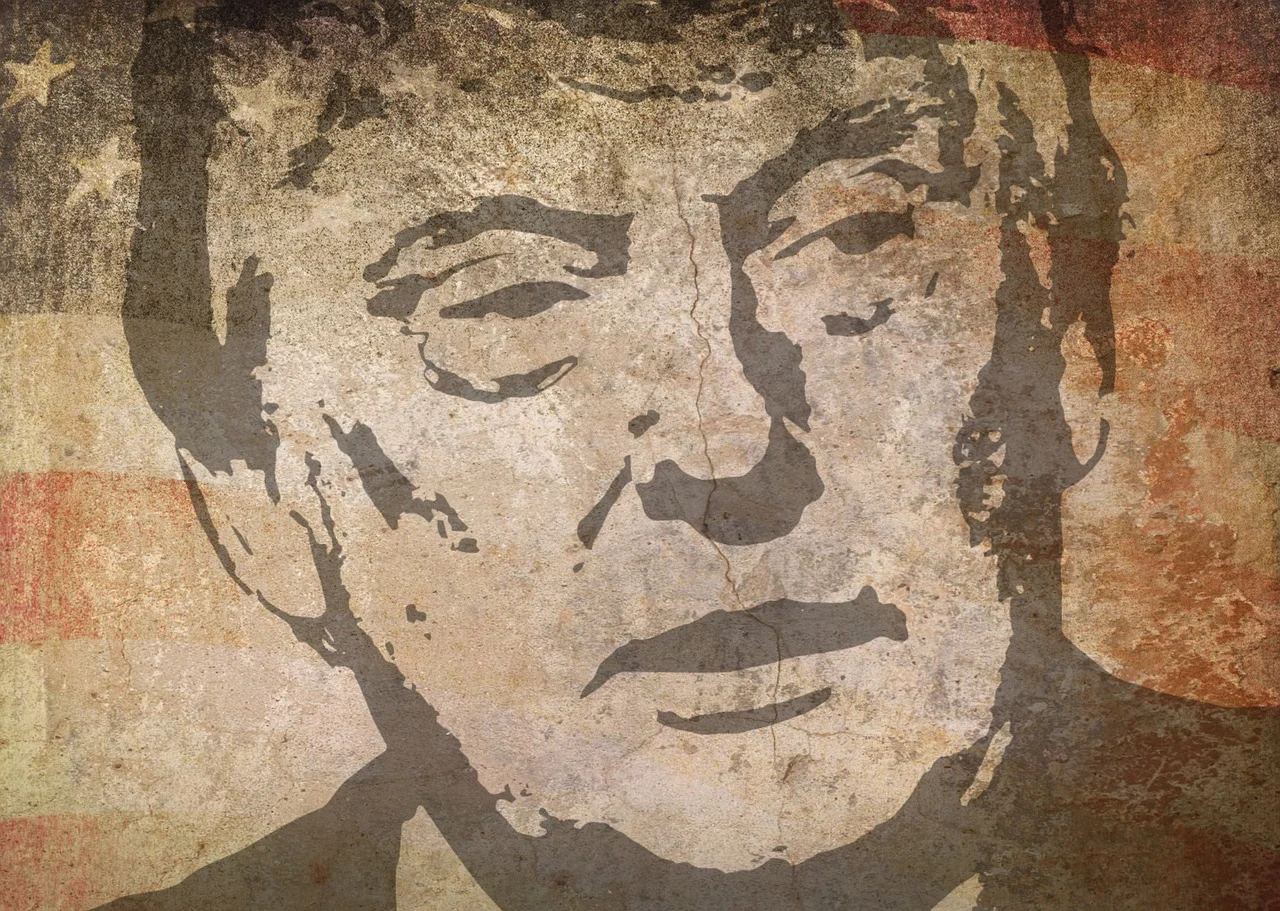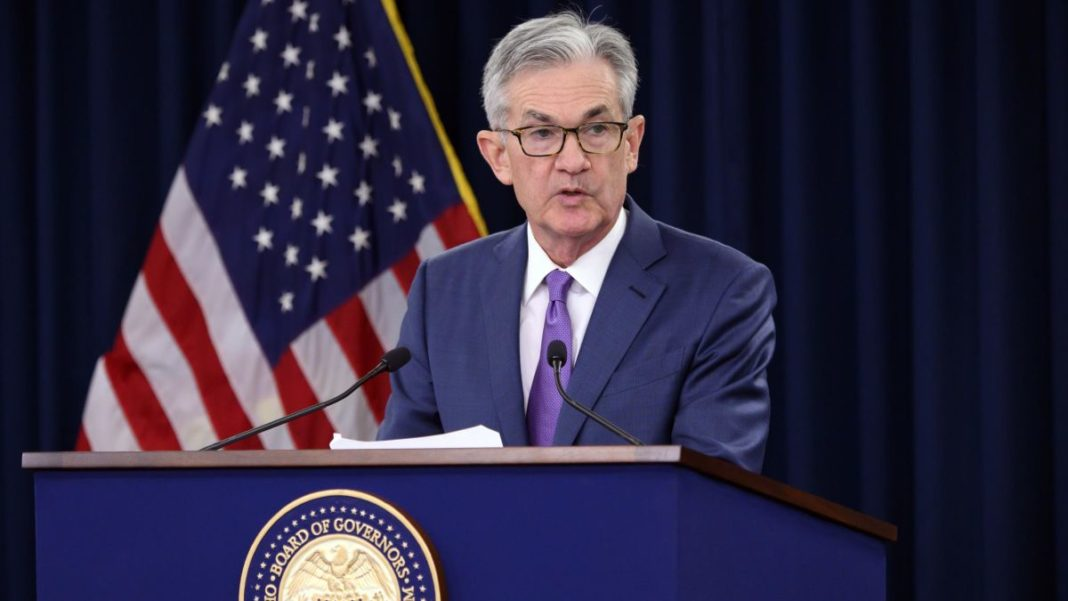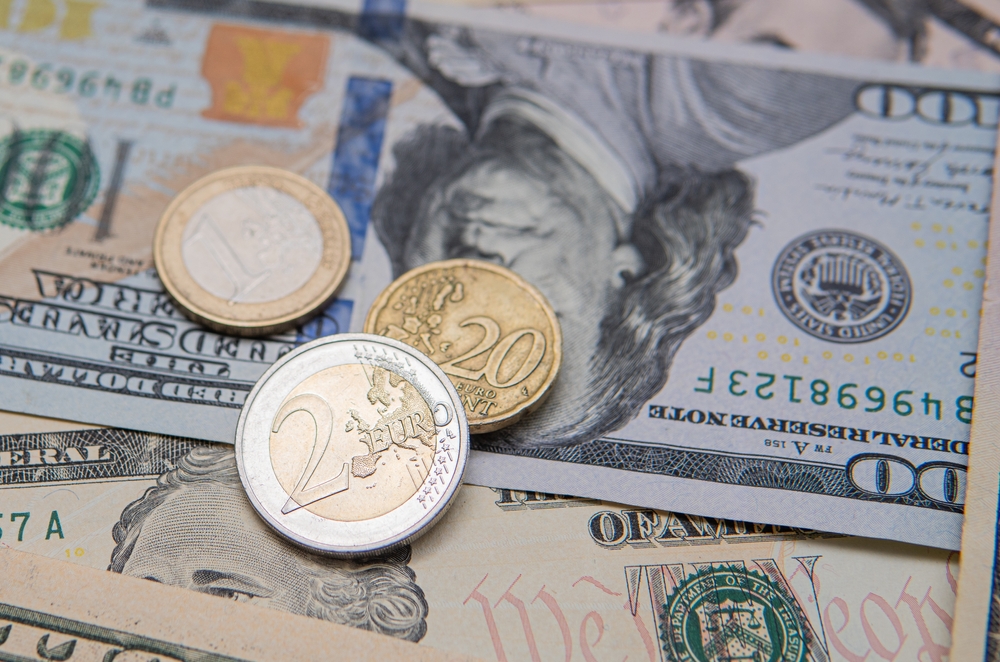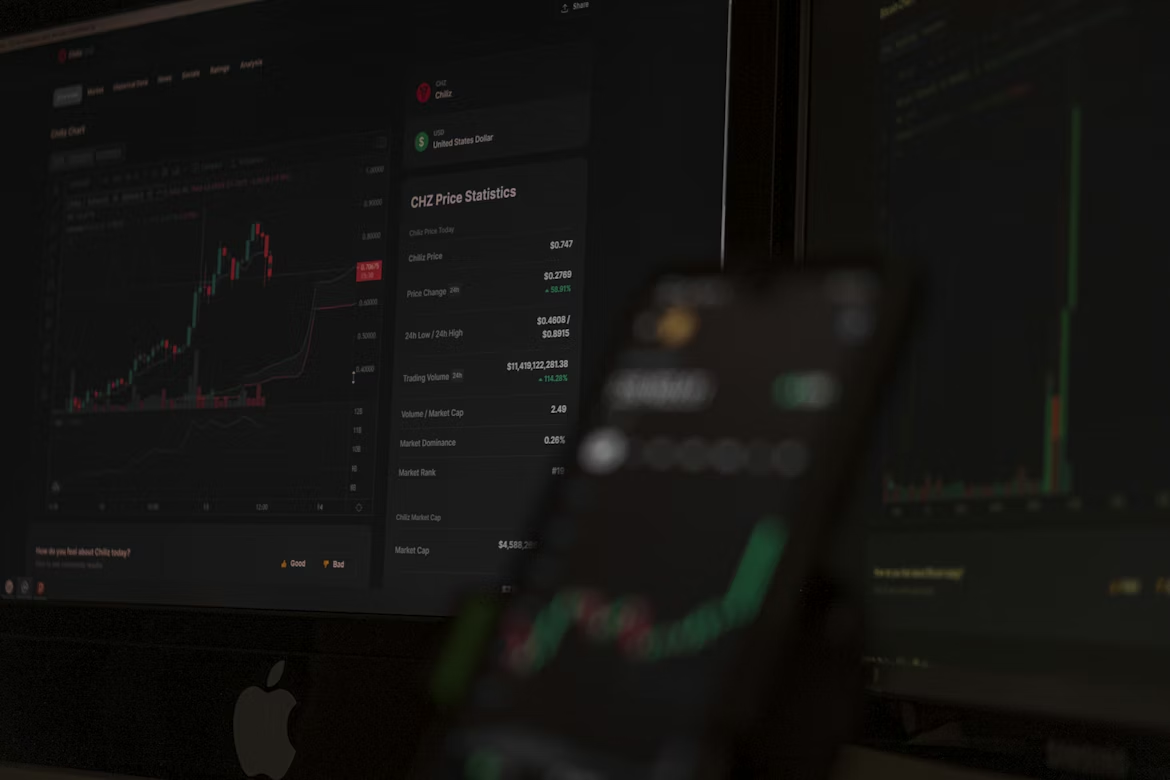The TACO trade and "Nothing ever happens" sentiment are becoming prevalent in relation to the current trading environment, with markets reacting favourably to U.S. President Donald Trump's announcement of a complete ceasefire between Israel and Iran, potentially ending the 12-day war. Analysts noted that while there was still uncertainty about the longevity of the ceasefire since Israel is famous for breaking them, the de-escalation removed significant downside risks to global growth. Comments from market analysts suggested that although the ceasefire may not resolve all concerns, especially Iran’s nuclear ambitions, it could lead to a modest rally in equities by reducing geopolitical tensions and oil prices. However, some pointed out that while this development was positive, it was unlikely to serve as a catalyst for a new bull market given nobody is sure of anything.
EQUITY
Wall Street was surprisingly bullish, with all three major U.S. stock indexes up a percent higher. Fed Vice Chair Michelle Bowman injected hope, stating "it is time to consider adjusting the policy rate" as job market risks outweigh inflation. Tesla led with 8.23% after its robotaxi launch in Austin, Texas, while consumer discretionary stocks lead sector gains.
GOLD
Gold prices fell over 1% in Asian session with investors reducing safe-haven holdings after a ceasefire between Israel and Iran, easing geopolitical tensions and market sentiment. Spot gold dropped below $3,333, pulling back from the fear-fuelled rally. A weaker dollar limited losses, with traders focusing on Fed Chair Jerome Powell’s congressional testimony.
OIL
Brent crude oil prices opened higher and fell to $70 per barrel on Monday and continued to fall the next day since fears of Middle East escalation eased with the established ceasefire, reducing immediate risks to the Strait of Hormuz's closure. Initial panic-driven price spikes above $81 were reversed after Iran’s missile strike on a U.S. base in Qatar caused no casualties and was intercepted, an equal retaliation with no intention to go further.
CURRENCY
The recent ceasefire partly dragged the greenback lower but mostly came from Fed officials' comments saying rate cuts are being considered in July, with currencies like the Australian and New Zealand dollars in particular moving higher. The Israeli shekel rallied against the dollar, while the yen and euro also gained as oil prices declined, easing price inflation and boosting non-U.S. assets.

